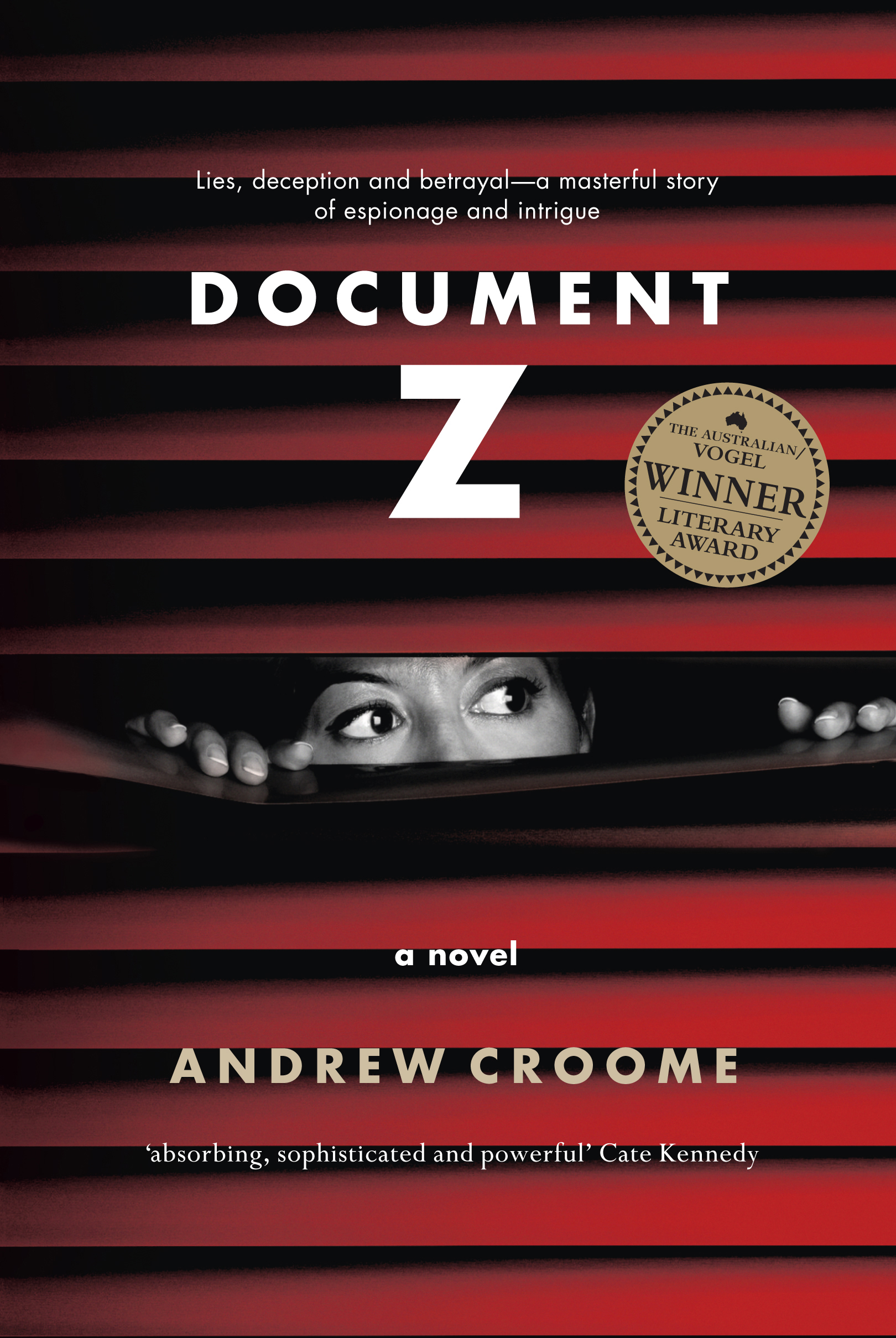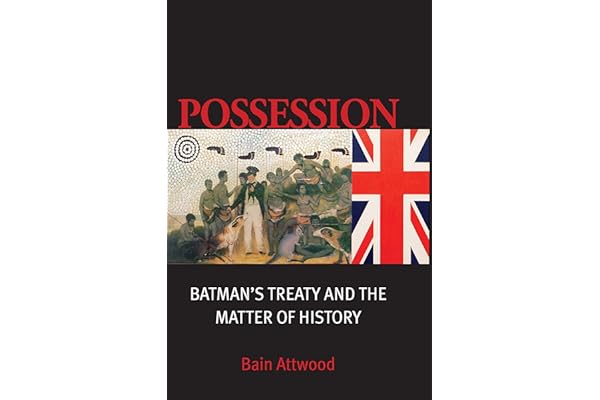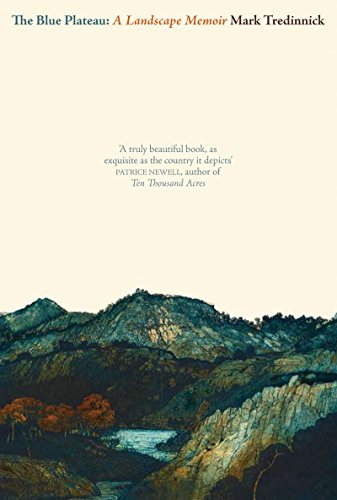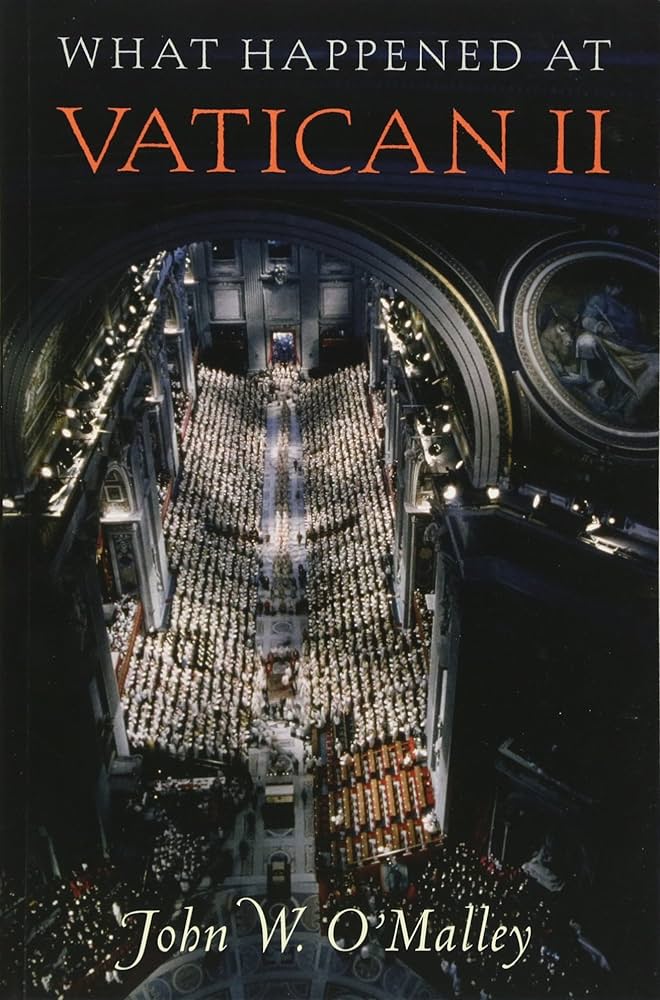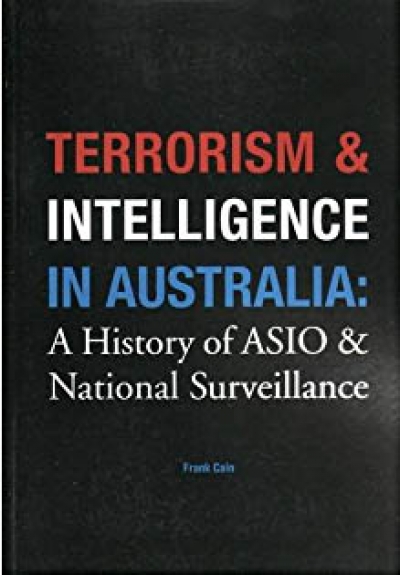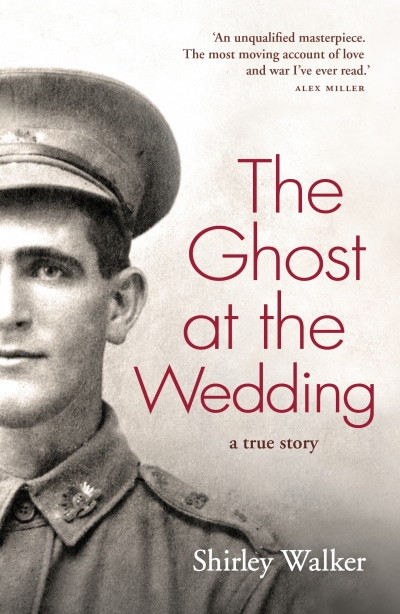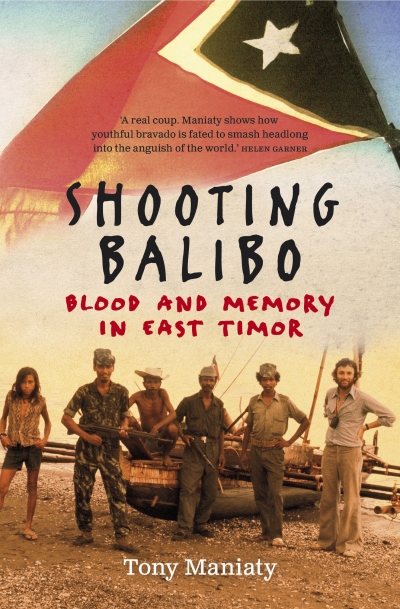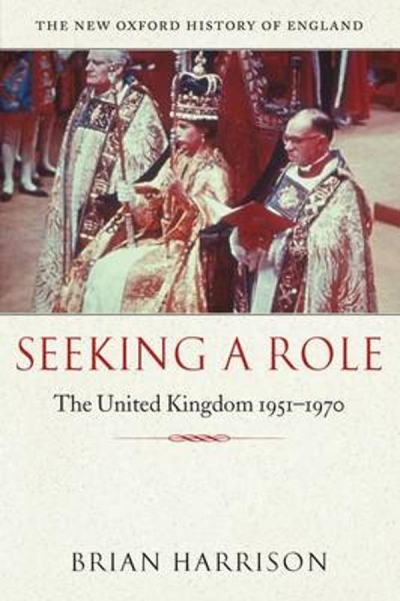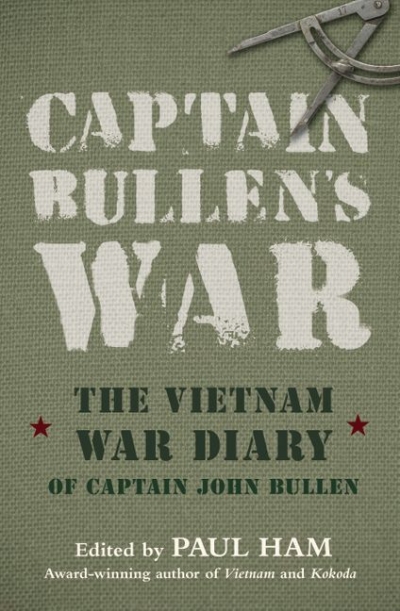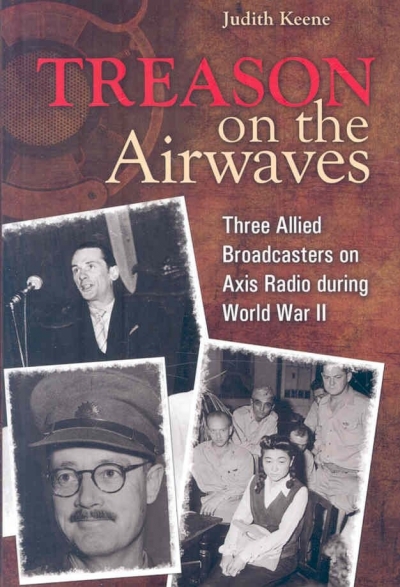History
Devotees of the television program Spooks may find Australian history less than exciting, but the Petrov Affair is surely the exception that confounds the cliché. Its ingredients included the Cold War, espionage, agents, a defection (hugely important propaganda for the Menzies government on the eve of the 1954 federal election) and a charming woman, the defector’s wife, who was unceremoniously hustled on to a waiting aeroplane by beefy officials from the Russian Embassy. The poignancy of Evdokia Petrova’s white shoe lying abandoned on the tarmac as the plane took off was only eclipsed by the drama of the refuelling stop in Darwin, where she was prevailed upon by Australian security to remain in this country with her husband, Vladimir. He was quite clear about his defection; Evdokia, in that pivotal moment and long afterwards, was tormented by uncertainty.
... (read more)Possession by Bain Attwood & Shaking Hands on the Fringe by Tiffany Shellam
I once visited John Batman’s property in north-east Tasmania, happily in the company of a Tasmanian. The guidebook listed it as a heritage site on a public road, but the graded track along the side of a ridge had to be entered by a gate marked ‘Kingston – Private Property’. We drove several kilometres before reaching another gate. We breached this, too. On our left was a nineteenth-century stone cottage incorporated into a weatherboard homestead. On our right was a large shed and stables. A generator puttered away, and music came from the house. We shouted our presence. Only the horse in the stables responded. Clearly, we were not going to find a stall selling Batman memorabilia.
... (read more)The Blue Plateau, set in the Blue Mountains, is part memoir, part essay and part anecdotal local history. Mark Tredinnick wrote it during the seven years he spent living in the valley below Katoomba with his wife and growing family. Strangely, we learn little of the author or his family as this informative, sympathetic and poetic book emerges from its landscape in meditative bursts. It is a kind of mosaic of prose poems. If there is an order in this book, it is, as Tredinnick suggests in his prologue, one that is more implicit than explicit.
... (read more)What Happened at Vatican II by John W. O’Malley & Keepers of the Keys of Heaven by Roger Collins
Popes have long been wary of Church Councils, seeing them as possible rivals to their claim to absolute authority. When the Council of Constance met in 1414, there were three contending popes, each elected by a set of cardinals, and each with political support across Europe. At its end, two had been deposed, and the third, Gregory XII, having been recognised as pope, agreed to resign. A commission of Cardinals and others appointed by the Council then elected a new pope, Martin V, in 1417. Constance also decreed that the pope was to convene councils on a regular basis. Martin conformed for a time, but the practice soon fell away. Popes have preferred to govern alone, with the help of the Roman Curia.
... (read more)Terrorism and Intelligence in Australia: A history of ASIO and national surveillance by Frank Cain
Timely and accurate intelligence remains crucial to providing early warning of preparations for a terrorist attack. In this sense, high-grade intelligence represents the ‘front end’ of counter-terrorist strategy. This has certainly been reflected in the streamlining of Australia’s intelligence agencies since 9/11 and in the unprecedented resources that have been diverted to those agencies, particularly ASIO. The latter remains the agency responsible for preparing and distributing threat assessments and specific warnings on terrorist threats to Australia. This decade it has been granted substantially increased legislative powers to monitor, detain and question terrorist suspects. Due to the changes to Australia’s anti-terror laws since 9/11, ASIO’s internal security profile has become more prominent along with its increasingly close cooperation with state and federal police agencies.
... (read more)The Ghost at the Wedding: A true story by Shirley Walker
Some stories deserve to be told more than once. Retold, they cannot be the same. Even when the teller is the same person, the shift in time and experience will make the story new. In The Ghost at the Wedding, Shirley Walker returns to the material of her autobiography, Roundabout at Bangalow (2001), in order to focus more closely on the saddest and most powerful memories therein: those of the young men of her family who served in two world wars.
... (read more)Shooting Balibo: Blood and memory in East Timor by Tony Maniaty
Thirty-four years after the former colony of Portuguese Timor experienced the horrors of invasion by the Indonesian army, the story of the killing of the five television journalists known as the Balibo Five – a persistent subtext of that history – has found new life in the forthcoming feature film Balibo, directed by Arenafilm’s Robert Connolly. In reviewing Tony Maniaty’s related book, I must declare a vested interest: his book Shooting Balibo: Blood and Memory in East Timor has appeared on bookshelves two months earlier than a book of my own, on which that film is based.
... (read more)Seeking A Role: The United Kingdom 1951–1970 by Brian Harrison
The sixteen volumes of The Oxford History of England provided the authoritative synthesis of English history for two generations of students. A few volumes of this reminder of my undergraduate days, some still in their austere pale blue dustcovers, sit on my bookshelves. The first volume, Roman Britain and the English Settlements, was published in 1936, and the series was completed thirty years later with the publication of A.J.P. Taylor’s path-breaking English History 1914–1945.
... (read more)Captain Bullen’s War: The Vietnam War diary of Captain John Bullen edited by Paul Ham
Too many specific years in the twentieth century were said to be ‘pivotal’, but 1968 was clearly a standout. In the United States, Martin Luther King and Bobby Kennedy were assassinated; there were student protests in Paris; and Russian tanks signalled the end of the ‘Prague Spring’. In January 1968, on the other side of the world, in an area once known as French Indochina, the army of the National Liberation Front (the Vietcong) invaded the imperial city, Hué, and all other major cities in South Vietnam. This was the infamous Tet Offensive.
... (read more)Treason on the Airwaves: Three Allied broadcasters on Axis radio during World War II by Judith Keene
‘It is high time for me to put an end to your sitting in this place,’ declared Oliver Cromwell to the Rump Parliament in April 1653. ‘Ye are a factious crew, and enemies to all good government … In the name of God, go!’
Leo Amery, a Conservative backbencher, brought Cromwell’s final six words into the House of Commons on 7 May 1940. He was unsure whether he would use them in the debate over Norway, where British and French forces were withdrawing from the first major land confrontation of the war. Colonial Secretary in the Conservative governments of the 1920s, Amery was a passionate advocate for the British Empire and strongly anti-communist. In the 1930s he became a tough critic of his own party’s appeasement of Nazi Germany. Speaking late in the debate, Amery felt the House was with him, and he ended his speech as Cromwell had done. Neville Chamberlain survived the division, but not the collapse in support from a fifth of his backbench, galvanised by Amery and others.
... (read more)

